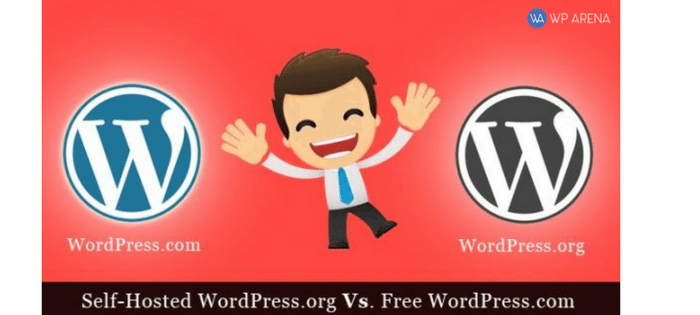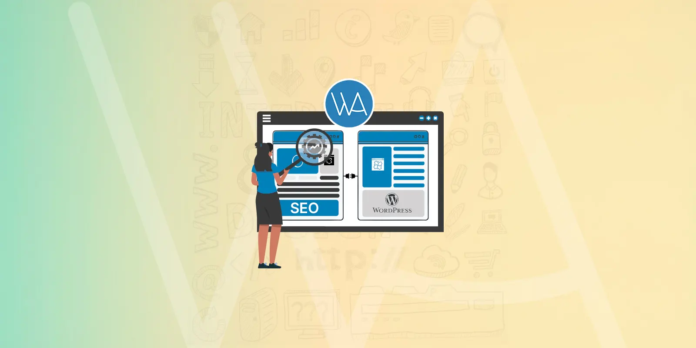Choosing between a free WordPress blog and a self-hosted WordPress blog ultimately depends on your goals and needs as an Internet marketer. While the free version may be easier to set up and manage, it lacks the flexibility and control that a self-hosted blog offers.
Comparison: Free Vs. Self-Hosting WordPress Blog
When it comes to Internet marketing, many people new to the field often wonder whether to use a free WordPress blog or a self-hosted version. In this comparison, we will explore the advantages and disadvantages of both options to help you make an informed decision.
| Free WordPress Blog | Self-Hosted WordPress Blog | |
|---|---|---|
| Hosting | Hosted on WordPress.com | Hosted on your own site |
| Customization | Limited options and customization | Highly customizable and flexible |
| Control | No worries about shutdown by a third-party | Complete control over your website |
| Templates and Themes | Limited selection | Thousands of free themes available |
| Adding Widgets | Limited customization options | Easy sidebar customization using widgets |
| Content Generation | Limited opportunities for SEO optimization | Adding new blog posts boosts search engine rankings and can drive more traffic |
| Plugins | Limited or no access to plugins | Access to thousands of free plugins |
| SEO Optimization | Limited options for optimizing posts | SEO plugins enhance optimization |
| Internal Linking Structure | Limited options for tagging posts | Tagging plugins improve internal linking |
| Social Bookmarking | Limited integration with social bookmarking | Plugins for social bookmarking and sharing |
| Trackbacks | Limited options for interacting with other blogs | Trackbacks can increase blog visibility and traffic |
| Installation | Easy setup on WordPress.com | Requires technical knowledge for self-hosting |
As you can see from the comparison chart, a self-hosted WordPress blog offers more flexibility and control over the free version. With a self-hosted blog, you have the ability to customize your site, use plugins to enhance functionality, optimize your content for search engines, and integrate with social bookmarking.
A free WordPress blog may be sufficient if you are looking for a simple and hassle-free option to share your thoughts or showcase your portfolio. It provides a quick and easy way to get started without any technical knowledge or investment required. However, keep in mind that you will have limited customization options, and your blog may not have the professional appearance and functionality that a self-hosted blog can offer.
On the other hand, if you are serious about building a brand, establishing a strong online presence, and maximizing your website traffic, a self-hosted WordPress blog is the way to go. The ability to customize your site, install plugins, optimize your content for search engines, and integrate with social bookmarking platforms can significantly enhance your marketing efforts.
Furthermore, having complete control over your website and its hosting means that you don’t have to worry about your blog being shut down by a third party. You have the freedom to experiment with different themes, design elements, and functionalities to create a unique and engaging user experience for your visitors.
If you choose to go the self-hosted route, it’s important to select a reliable web host that can accommodate the needs of your WordPress blog. Look for a host that offers great uptime, fast loading times, excellent customer support, and easy installation of WordPress. You can find helpful tips and recommendations in our WordPress Hosting Guide.
In conclusion, while both free and self-hosted WordPress blogs have their merits, a self-hosted blog provides you with more control, customization options, and opportunities for driving traffic to your website. If you’re serious about Internet marketing and building a successful online presence, investing in a self-hosted WordPress blog is a worthwhile endeavor.
If you need any assistance with installing WordPress on your own site or configuring the necessary plugins, feel free to reach out to us for our WordPress Installation Service.
Happy blogging!
Additional Resources






